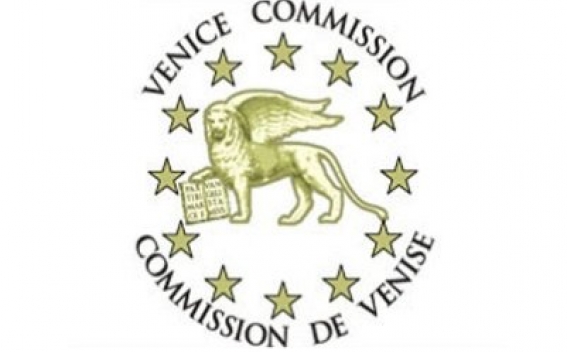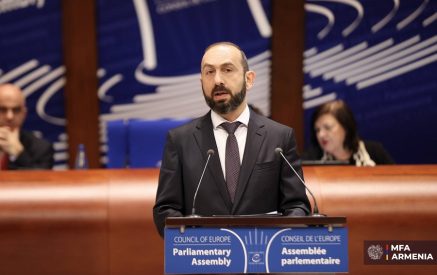While there exists a clear obligation under international law not only for all States, but also for international organisations not to recognise an annexation, either explicitly or implicitly, this does not necessarily oblige the Parliamentary Assembly of the Council of Europe (PACE) to deny credentials to the delegation of the annexing State. This is the key conclusion of the new report by the Council of Europe’s body of constitutional legal experts, the Venice Commission, adopted today.
The report deals with elections in nationwide constituencies as opposed to elections of parliamentarians who represent specific electoral districts. It was prepared upon the request of the PACE’s Committee on Rules of Procedure, Immunities and Institutional Affairs in the end of June 2019, in the context of challenging the credentials of the Russian delegation to the PACE on the procedural grounds. The credentials remain challenged until the opening of the 2020 PACE session, when all member States, including Russia, will have to submit the lists of their new delegations.
Annexation is an illegal act which violates the prohibition on the use of force and the principles of territorial integrity of States and of non-interferences in matters within the domestic jurisdiction of another State. There exists a clear obligation under international law for all States, as well as for international organisations, including the Council of Europe, not to recognise an annexation, either explicitly or implicitly.
The right to free and fair elections is one of the most important political human rights. The primary obligation of an annexing State is to allow the population of the annexed territory to participate in the elections of the parliament of the State to which the territory lawfully belongs. For the annexing State to organise elections to its own parliament is a measure that goes against the principle of international humanitarian law according to which the occupying State must refrain from introducing any important institutional changes. At any rate, the organisation of elections by the occupying State in the annexed territory does not and cannot “cure” the illegality of the annexation. Besides, elections held in the territories beyond the internationally recognised borders would have difficulties to comply with the preconditions for the “free and fair” elections, even if their result may still constitute a valid reflection of the opinion of the voters.
Read also
The obligation of the Parliamentary Assembly of the Council of Europe not to recognise implicitly an annexation has an impact on the verification of the credentials of the annexing State’s delegation. When deciding whether to ratify or refuse credentials of a delegation composed of MPs who have been elected in a nationwide constituency which comprises a territory that is not recognised internationally as forming part of the annexing state, the impact of the inclusion of the annexed territory on the final results of the election should be examined, paying due regard to the principle of proportionality.
The Venice Commission is of the view that as concerns nationwide constituencies “the obligation under international law for the Parliamentary Assembly not to recognise an annexation does not necessarily entail the obligation to deny credentials to the whole delegation of the annexing State”. Other options should be possible. The PACE might consider increasing its range of such options for the future.
The full text of the report is expected to be published by the end of the day on Monday, the 9th of December 2019, at the Venice Commission’s website.
Council of Europe






















































